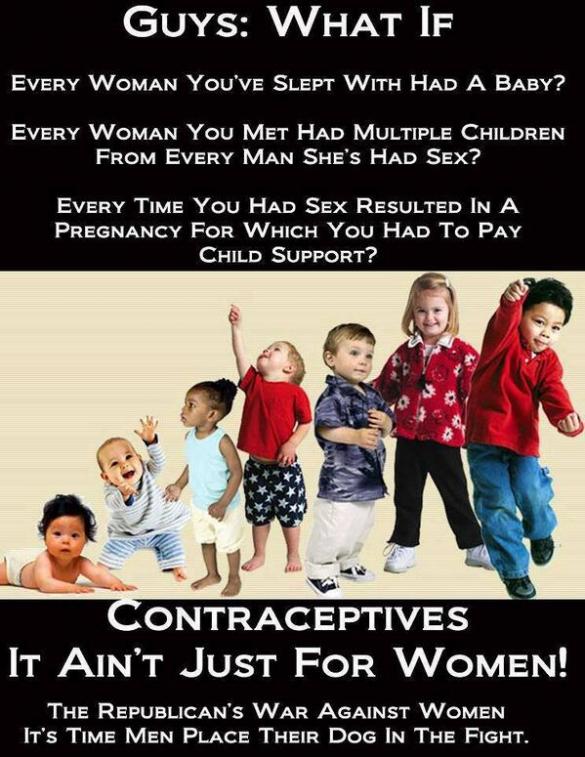The US Supreme court issued on its last day two decisions that went against women and workers. In one case, they asserted that certain classes of companies had the right to not pay for contraceptive coverage as part of their health insurance offering to their employees while in the other they limited the rights of people to form unions. In both cases, they were continuing the steady process of chipping away at the rights of women and workers.
One might wonder why conservatives care so much about things like contraception. Corey Robin has published a book titled The Reactionary Mind where he says that they see that ultimate power and control lies not in public power relations but in private power relations, in the home and workplace, and that their goal is to keep women and workers subordinate within that private sphere. He quotes from his own book where he emphasizes the point.
One of the reasons the subordinate’s exercise of agency so agitates the conservative imagination is that it takes place in an intimate setting. Every great political blast—the storming of the Bastille, the taking of the Winter Palace, the March on Washington—is set off by a private fuse: the contest for rights and standing in the family, the factory, and the field. Politicians and parties talk of constitution and amendment, natural rights and inherited privileges. But the real subject of their deliberations is the private life of power. “Here is the secret of the opposition to woman’s equality in the state,” Elizabeth Cady Stanton wrote. “Men are not ready to recognize it in the home.” Behind the riot in the street or debate in Parliament is the maid talking back to her mistress, the worker disobeying her boss. That is why our political arguments—not only about the family but also the welfare state, civil rights, and much else—can be so explosive: they touch upon the most personal relations of power.
…Still, the more profound and prophetic stance on the right has been Adams’s: cede the field of the public, if you must, stand fast in the private. Allow men and women to become democratic citizens of the state; make sure they remain feudal subjects in the family, the factory, and the field. The priority of conservative political argument has been the maintenance of private regimes of power—even at the cost of the strength and integrity of the state….
Conservatism, then, is not a commitment to limited government and liberty—or a wariness of change, a belief in evolutionary reform, or a politics of virtue. These may be the byproducts of conservatism, one or more of its historically specific and ever changing modes of expression. But they are not its animating purpose.
Neither is conservatism a makeshift fusion of capitalists, Christians, and warriors, for that fusion is impelled by a more elemental force—the opposition to the liberation of men and women from the fetters of their superiors, particularly in the private sphere. Such a view might seem miles away from the libertarian defense of the free market, with its celebration of the atomistic and autonomous individual. But it is not. When the libertarian looks out upon society, he does not see isolated individuals; he sees private, often hierarchical, groups, where a father governs his family and an owner his employees.
It is an interesting thesis. I would have to read the book to see how well he substantiates it but on the surface it does explain the right wing’s obsession with interfering with the private lives of people.
But if his thesis is correct, can this be process of preserving private domination while espousing public equality be continued or will it ultimately collapse under the weight of its own contradictions? I think it has to be the latter. Women are the sleeping giants in politics, not just in the US but across the world. As they achieve greater levels of education and make further inroads into the workplace, their suppression in the private sphere will become increasingly untenable.
So far, the tipping point has not been reached and the increasingly overt war being waged against their right to personal freedom has not provoked a strong backlash. But it will come, and its strength will be augmented as men increasingly realize that the war on women affects them as well.


You must be a man who has daughters he loves! I count myself lucky that my husband of 30 years was such a man.
The idea is based on various tautological assumptions that ‘government’ always is coercion, but yet all private associations are voluntary (ignoring the possibility of representative government, or the idea that in the end, those who control resources control everyone else.) “freedom” is defined by the feudal lords as the government staying out of their fiefdoms.